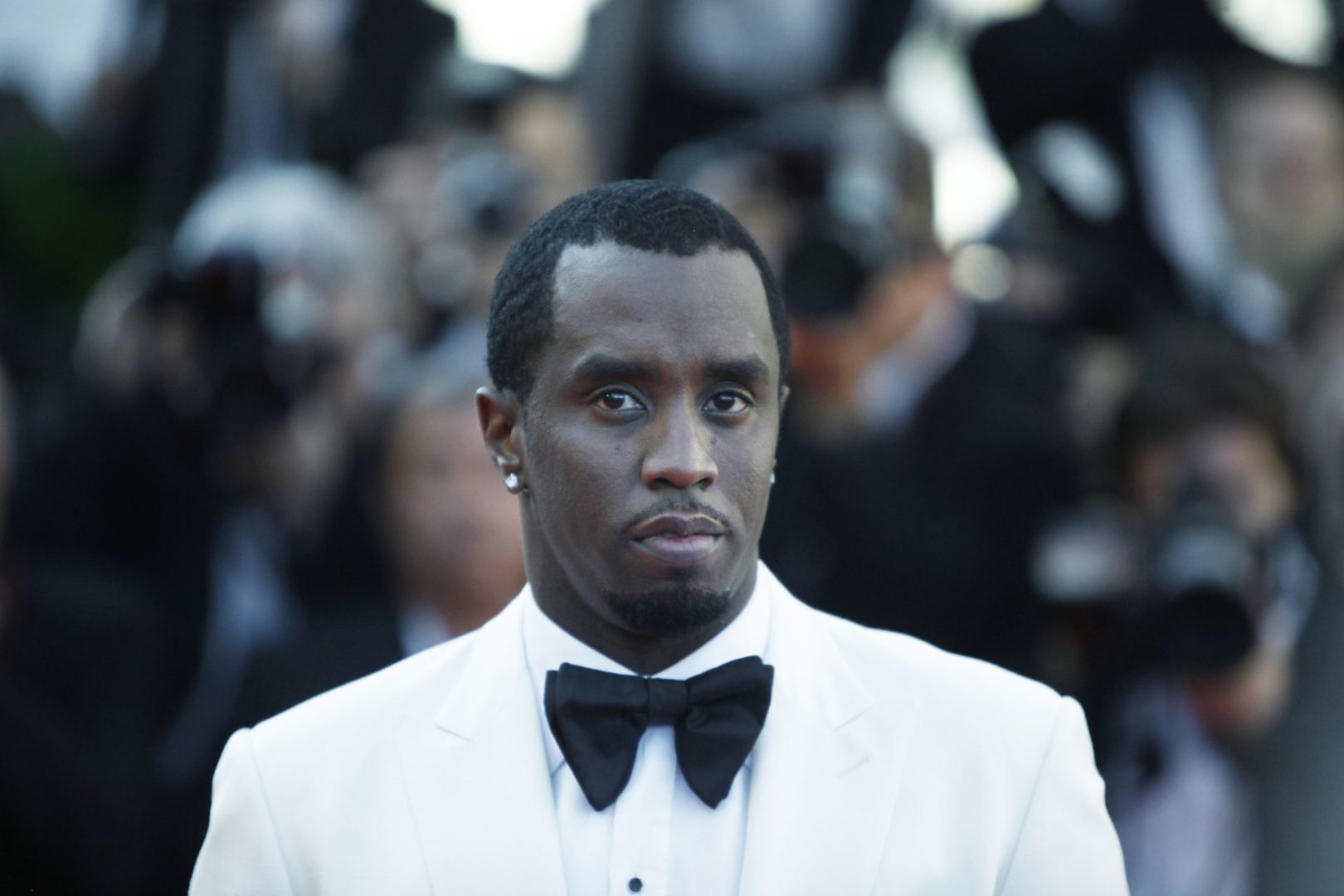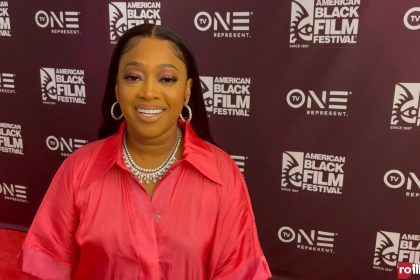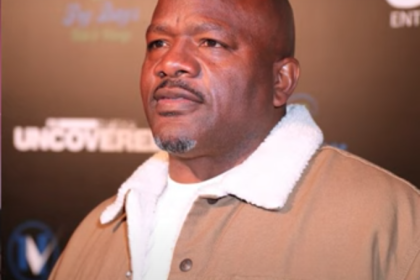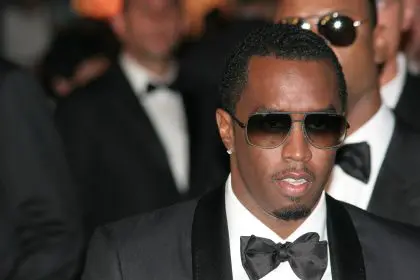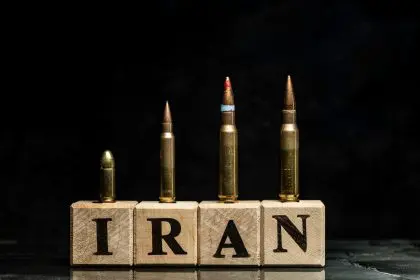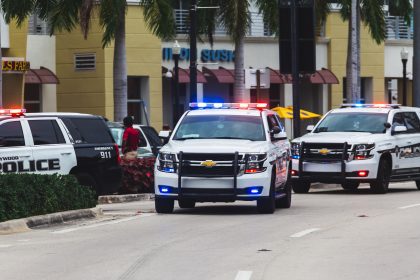When contemporary Black male celebrities face criminal charges, their decisions about plea deals reflect a complex calculus balancing legal risks, career implications, and racial dynamics. These critical choices extend beyond courtroom considerations, affecting everything from recording contracts to endorsement deals to community leadership roles built over decades.
Celebrity defendants navigate unique pressures when considering plea offers. They must weigh potential sentencing alongside impacts on public perception, contractual obligations, and their broader legacy. This multidimensional analysis creates decision points fundamentally different from those facing average defendants, particularly for Black men already navigating documented disparities in the criminal justice system.
Sean ‘Diddy’ Combs: Empire at risk
No recent case better illustrates these dynamics than music mogul Sean “Diddy” Combs’ legal battles. Facing federal investigations related to sex trafficking and racketeering allegations, Combs confronts critical decisions about potential plea arrangements that could impact both his freedom and extensive business empire.
With interests spanning music, fashion, media, and spirits, any criminal admission through a plea could trigger catastrophic consequences across multiple industries simultaneously. Defendants with Combs’ level of wealth face unique considerations — any plea potentially jeopardizes not just personal liberty but entire corporate structures and the livelihoods of numerous employees.
The public scrutiny surrounding Combs demonstrates how contemporary media impacts celebrity plea decisions. With allegations circulating across platforms, the court of public opinion operates parallel to legal processes, creating complex challenges for defense teams attempting to preserve both legal options and public image during potential negotiations.
Recent acceptances and their rationales
Several prominent Black male celebrities have recently accepted plea arrangements, prioritizing certainty and career continuity. Rapper NBA YoungBoy accepted a plea for federal weapons charges, receiving probation rather than risking a decade in prison. The negotiated resolution allowed him to continue his music career while under supervision — balancing legal accountability with his ongoing artistic development.
Former NFL star Marshawn Lynch pleaded to a lesser charge in his DUI case, preserving his entrepreneurial ventures and community initiatives. Grammy-nominated rapper Fetty Wap accepted a plea in his federal drug trafficking case, significantly reducing potential prison time while creating a path for eventual career resumption. These cases demonstrate how public figures often make strategic decisions to minimize disruption to their broader life work.
Those who chose to fight charges
Others have rejected plea arrangements, often citing principles or viewing offered terms as unjust. Rapper Young Thug rejected offers in his RICO case, choosing trial in what has become one of Georgia’s longest criminal proceedings. His defense contests charges that heavily cite his lyrics as evidence — raising fundamental questions about artistic expression in criminal contexts.
Rapper YNW Melly has consistently rejected plea offers in his double murder case despite facing potential capital punishment. His high-stakes rejection represents perhaps the most consequential current celebrity plea decision, with life-or-death implications potentially riding on the outcome.
Actor Jonathan Majors similarly rejected plea opportunities in his domestic violence case, proceeding to trial where he was ultimately convicted. His case illustrates the substantial risks celebrities take when rejecting negotiated resolutions, as the trial resulted in significant professional consequences including severed studio relationships that might potentially have been mitigated through earlier resolution.
Media and commercial pressures
Today’s media environment has transformed how celebrities approach plea decisions. Instantaneous information cycles mean allegations immediately reach global audiences, creating reputation damage regardless of legal outcomes. This reality sometimes pushes celebrities toward quick resolutions, even with viable defenses.
The Diddy investigation exemplifies this dynamic, where allegations receive extensive coverage before any formal resolution. High-profile defendants face trial by social media long before courtroom proceedings, creating pressure to resolve matters quickly but reluctance to make admissions that might validate public allegations.
For today’s celebrities, plea decisions carry immediate professional implications beyond legal consequences. Streaming platforms, touring companies, and brand partnerships frequently contain morality provisions triggered by criminal admissions. A single plea can trigger contract breaches across entirely different industries, from music distribution to endorsements to production deals. This commercial dimension often influences plea decisions as heavily as traditional factors like evidence strength or potential sentencing.
Legacy beyond the courtroom
Recent celebrity plea decisions increasingly consider historical legacy and public memory. Many recognize their cases may become reference points in broader cultural narratives about accountability and justice — creating pressure to consider how legal choices might be interpreted long after proceedings conclude.
This dimension appears particularly relevant for Diddy, given his status as one of entertainment’s most influential figures. His eventual decisions regarding potential plea arrangements will inevitably be viewed not just as legal calculations but as statements about his relationship to the allegations themselves and his place in cultural history.
As the entertainment industry evolves, the considerations shaping these high-stakes decisions grow increasingly complex. Their individual choices — whether to accept negotiated resolution or fight for vindication — inevitably resonate beyond courtroom walls, influencing both personal trajectories and broader understandings of justice in contemporary America.

